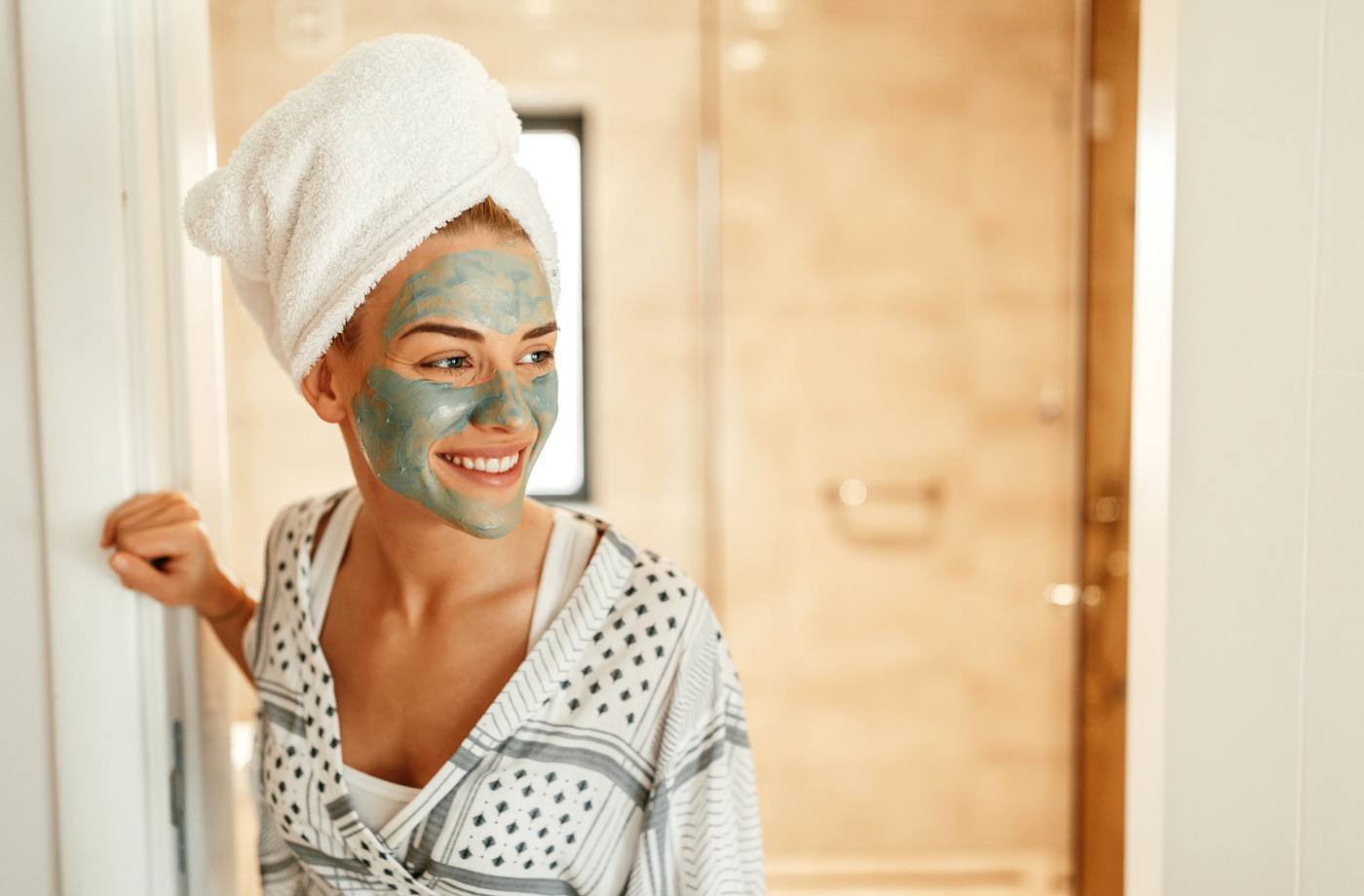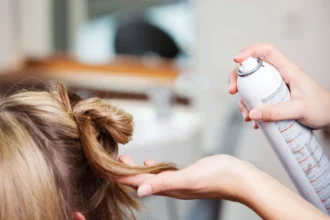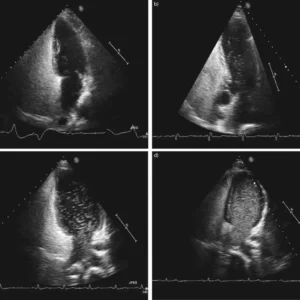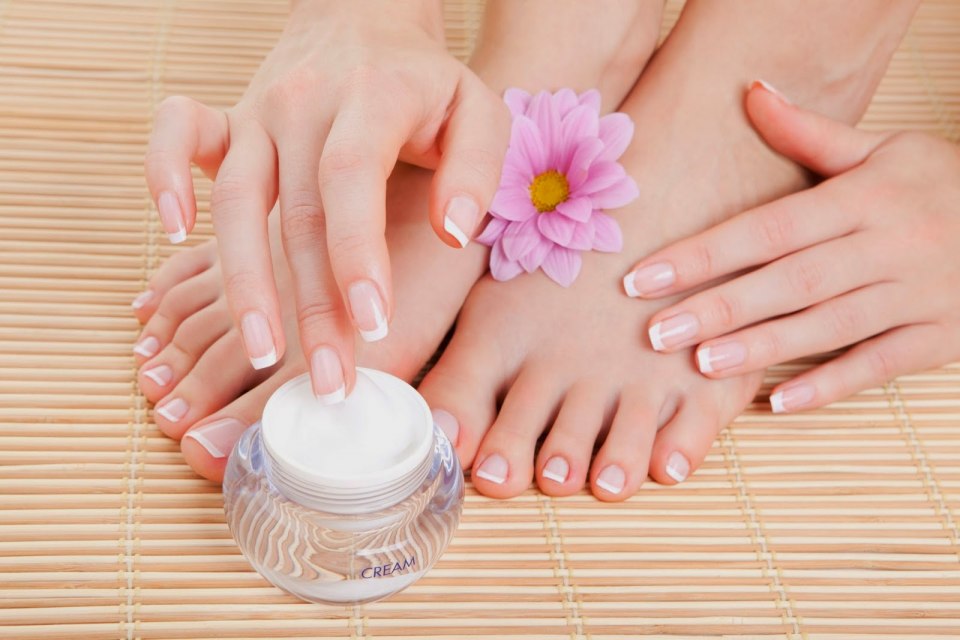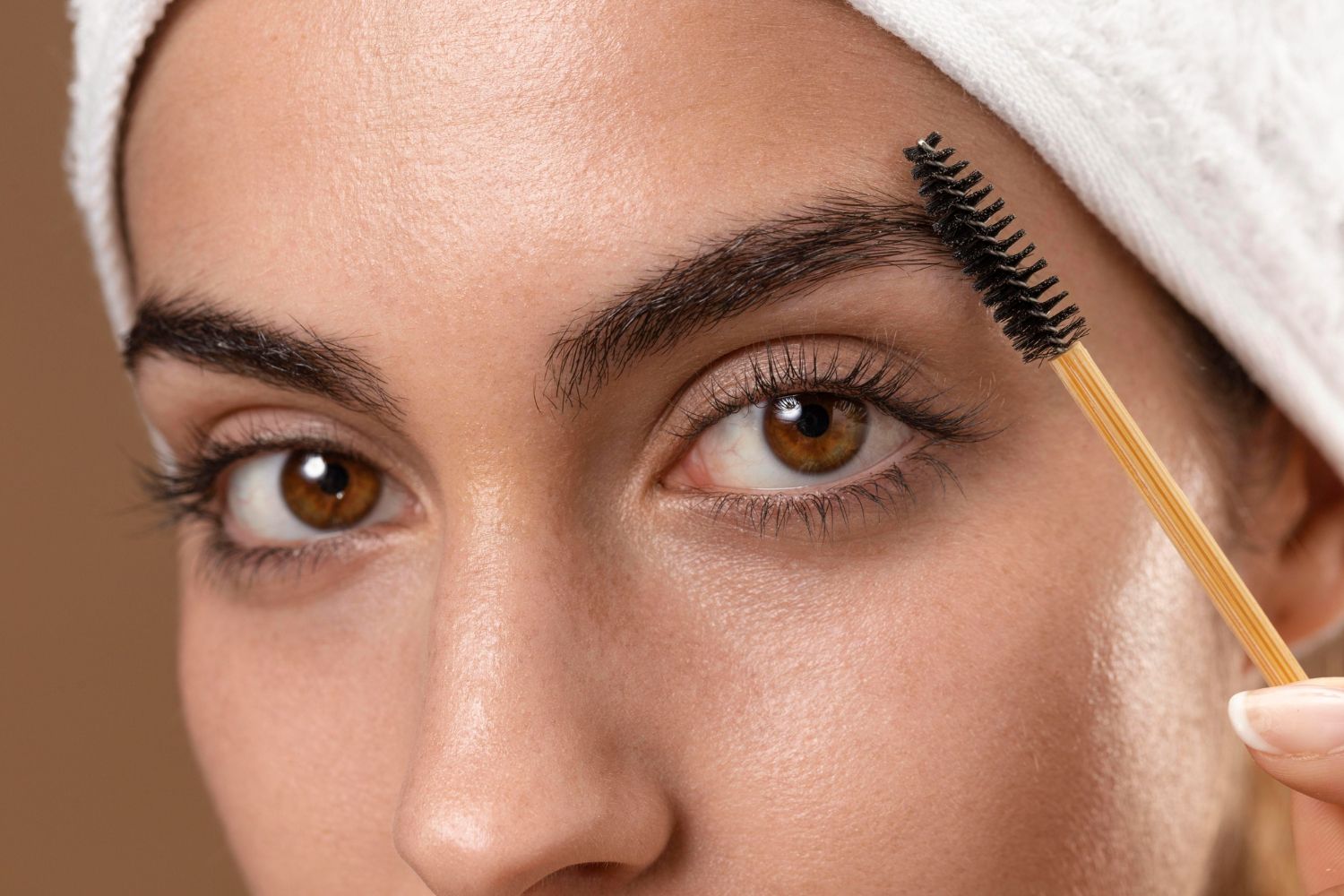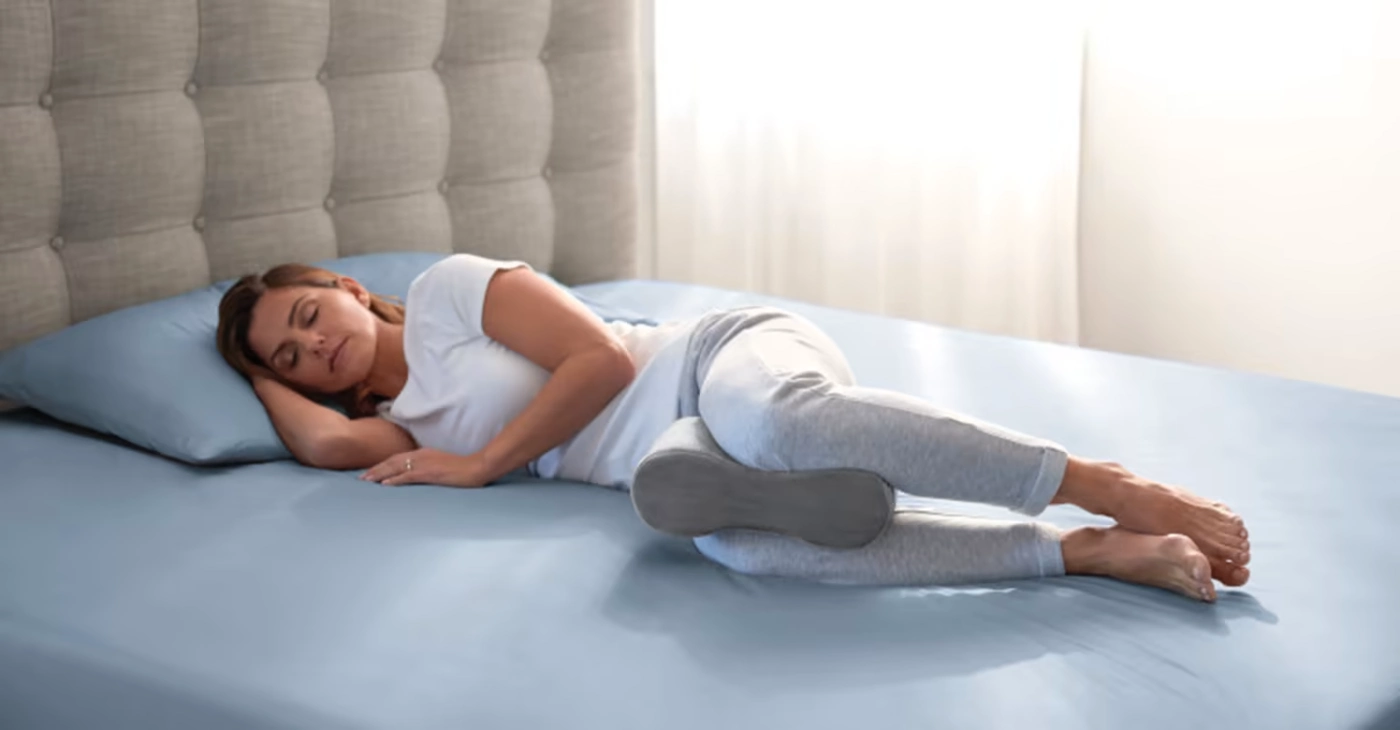Acne is a common skin problem that affects millions of people around the world. It can be frustrating and embarrassing to deal with, especially when it seems like nothing can cure it. However, one effective solution for treating acne is using natural face masks. In this article, we will discuss the best natural face masks for acne-prone skin and how they can help to improve your skin’s condition.
Understanding Acne-Prone Skin
Before we get into the best natural face masks for acne-prone skin, it’s important to understand what causes acne and how it affects the skin. Acne occurs when the pores on your skin become clogged with oil and dead skin cells. This can create an ideal environment for bacteria to grow, leading to inflammation and the formation of pimples.
Acne-prone skin is characterized by an excess of sebum production, which can clog pores and lead to breakouts. It can also be aggravated by factors such as stress, hormonal changes, and poor diet. However, using natural face masks can help to reduce inflammation, unclog pores, and improve the overall appearance of your skin.
Best Natural Face Masks for Acne-Prone Skin
Honey Face Mask
Honey is a natural antibacterial agent that can help to reduce inflammation and prevent the growth of acne-causing bacteria. To make a honey face mask, mix two tablespoons of honey with one tablespoon of cinnamon and apply the mixture to your face. Leave it on for 10-15 minutes before washing it off with warm water.
Turmeric Face Mask
Turmeric is a natural anti-inflammatory agent that can help to reduce redness and swelling associated with acne. To make a turmeric face mask, mix one tablespoon of turmeric with one tablespoon of honey and one tablespoon of yogurt. Apply the mixture to your face and leave it on for 10-15 minutes before washing it off with warm water.
Oatmeal Face Mask
Oatmeal is a gentle exfoliant that can help to remove dead skin cells and unclog pores. To make an oatmeal face mask, mix one tablespoon of oatmeal with one tablespoon of honey and one tablespoon of milk. Apply the mixture to your face and leave it on for 10-15 minutes before washing it off with warm water.
Green Tea Face Mask
Green tea is a natural antioxidant that can help to reduce inflammation and prevent the growth of acne-causing bacteria. To make a green tea face mask, steep two green tea bags in hot water and let them cool. Mix the tea with one tablespoon of honey and apply the mixture to your face. Leave it on for 10-15 minutes before washing it off with warm water.
Aloe Vera Face Mask
Aloe vera is a natural moisturizer that can help to soothe inflamed skin and reduce redness. To make an aloe vera face mask, mix two tablespoons of aloe vera gel with one tablespoon of honey and one tablespoon of yogurt. Apply the mixture to your face and leave it on for 10-15 minutes before washing it off with warm water.
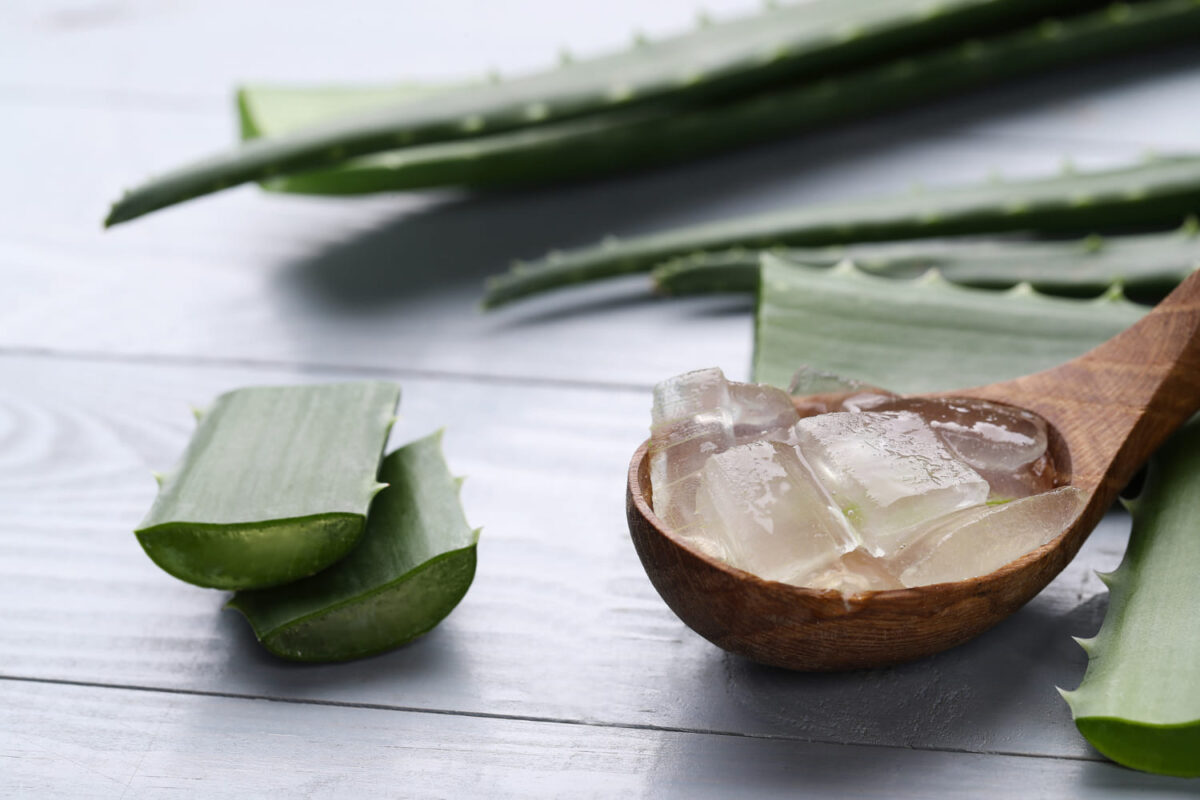
Homemade Face Mask for Acne and Dry Skin
This homemade face mask for acne and dry skin uses natural ingredients that are gentle on the skin while effectively treating both issues.
Ingredients:
- 1 ripe banana
- 1 tablespoon of honey
- 1 tablespoon of plain yogurt
- 1 teaspoon of coconut oil
Instructions:
- Peel the ripe banana and mash it in a bowl until it becomes a smooth paste.
- Add the honey, plain yogurt, and coconut oil to the bowl and mix well.
- Apply the mixture to your face, avoiding the eye area.
- Leave the mask on for 10-15 minutes.
- Rinse the mask off with warm water and pat your face dry with a clean towel.
How it Works:
- Bananas are rich in vitamins and minerals that can nourish and hydrate the skin, helping to reduce dryness and flakiness.
- Honey is a natural humectant that can attract moisture to the skin, helping to keep it hydrated.
- Yogurt contains lactic acid, which can help to exfoliate the skin and unclog pores, reducing the appearance of acne.
- Coconut oil is a natural antibacterial agent that can help to reduce inflammation and prevent the growth of acne-causing bacteria.
Additional Tips for Treating Acne and Dry Skin
- Use a gentle cleanser that is free of harsh chemicals and fragrances.
- Avoid over-washing the face, as this can strip the skin of its natural oils.
- Use a lightweight, oil-free moisturizer to hydrate the skin without clogging pores.
- Avoid touching your face with your hands, as this can transfer bacteria and oil to the skin.
- Drink plenty of water to keep the skin hydrated from the inside out
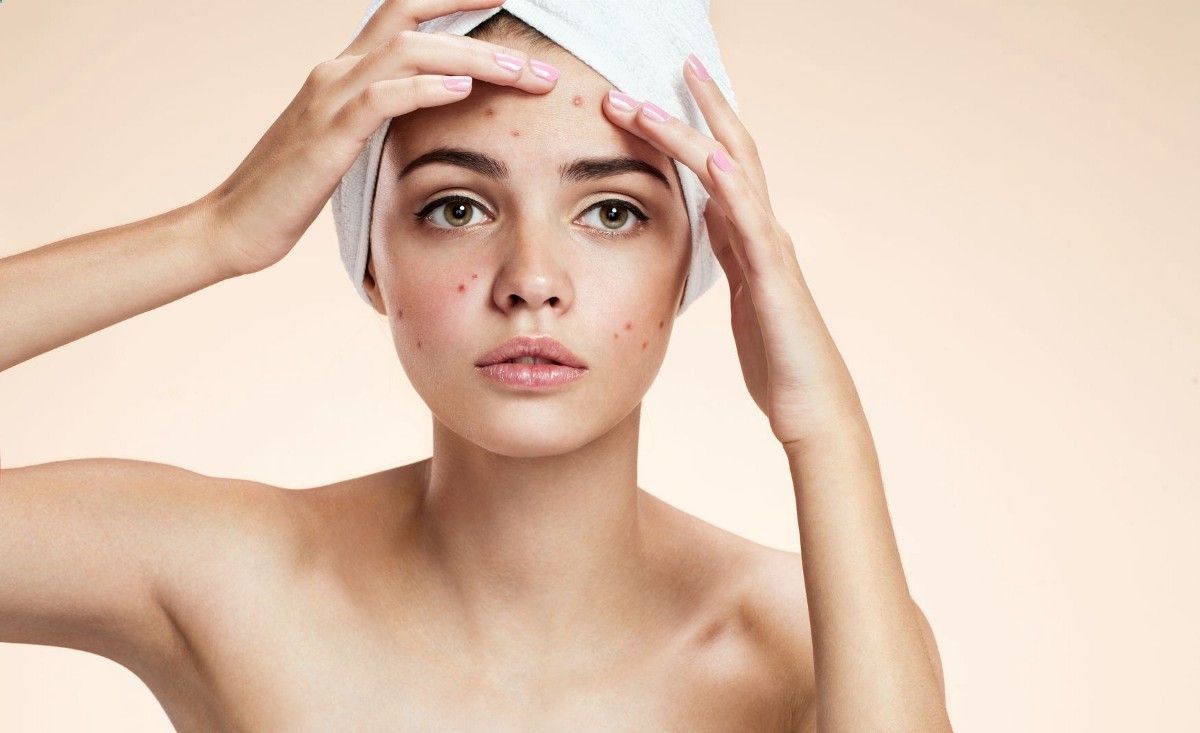
Conclusion
Using natural face masks can be an effective way to treat acne-prone skin. Honey, turmeric, oatmeal, green tea, and aloe vera are all natural ingredients that can help to reduce inflammation, unclog pores, and improve the overall appearance of your skin. Incorporating these masks into your skincare routine can help you achieve clear, healthy-looking skin.
FAQs
- Are natural face masks better for acne-prone skin than chemical-based products?
- Natural face masks can be better for acne-prone skin because they are less likely to contain harsh chemicals that can irritate the skin. However, it’s important to check the ingredients list before using any product, natural or otherwise.
- How often should I use a face mask for acne-prone skin?
- It’s generally recommended to use a face mask once or twice a week for acne-prone skin. Overusing a face mask can dry out the skin and cause further irritation.
- Can natural face masks cure acne?
- While natural face masks can help to reduce inflammation and unclog pores, they may not be a cure for acne. It’s important to maintain a consistent skincare routine and consult a dermatologist if you have severe or persistent acne.
- Can I make my own natural face mask at home?
- Yes, many natural face masks can be made at home using ingredients such as honey, turmeric, oatmeal, green tea, and aloe vera. However, it’s important to do your research and ensure that you are using safe and effective ingredients.
- Are there any natural face masks that can help with acne scars?
- Yes, some natural face masks that can help with acne scars include those made with ingredients such as honey, lemon, and apple cider vinegar. However, it’s important to be gentlewith your skin and not overuse these masks, as they can be harsh on sensitive skin. It’s also important to consult a dermatologist for advice on treating acne scars.
Know also: Beauty of a Woman: Embracing Radiance and Self-Care




